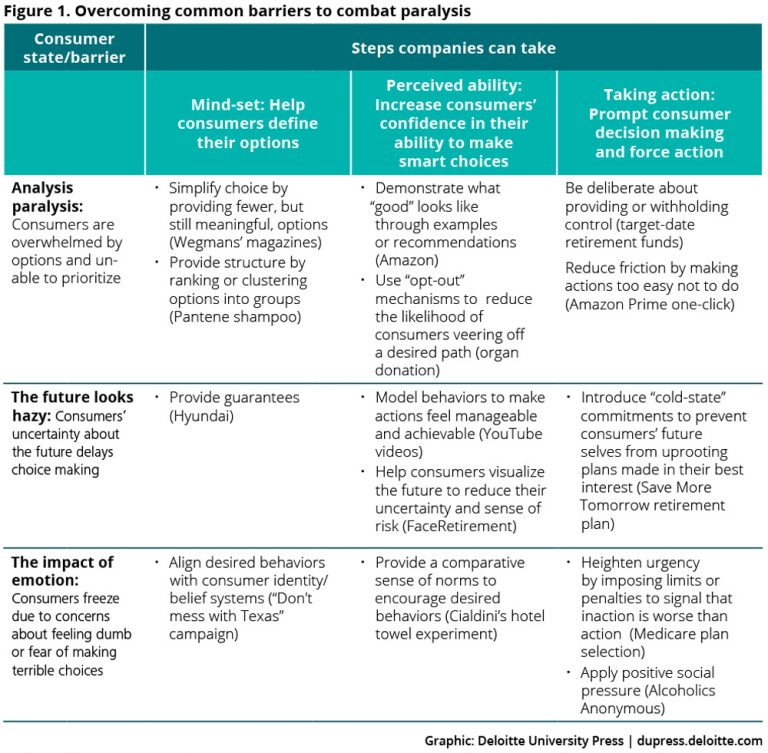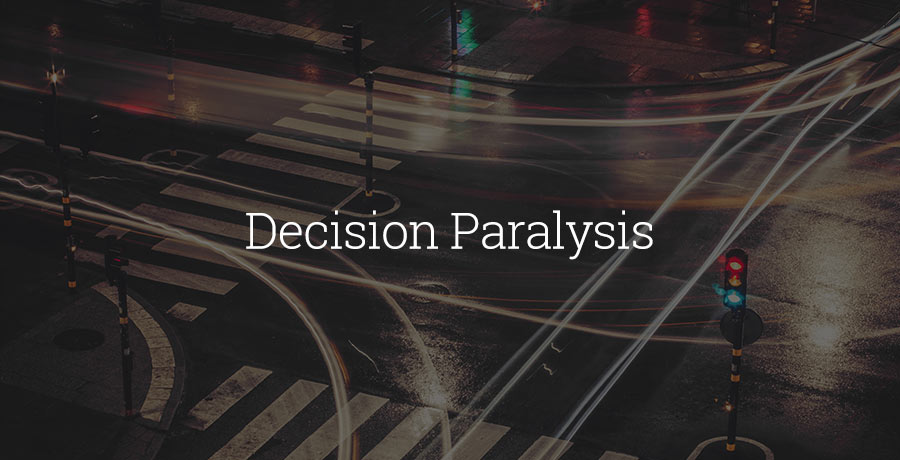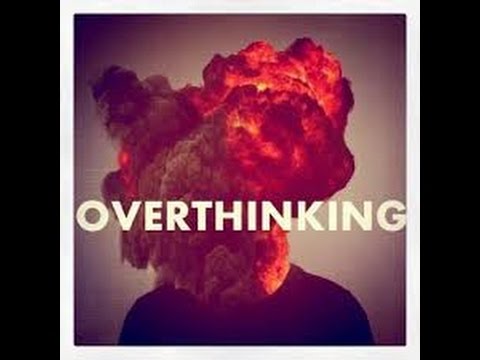As we’ve shown in a previous article, decision-paralysis is a real problem, both for personal and professional decisions, no matter their dimension. Therefore, we’ve considered it’s important to show what measures can be taken in order to diminish its effects and ease the decision-making.
Differentiate between big and small decisions
“If the decision isn’t going to make a big difference a year from now and there are no serious consequences that will come out of it, then it is a small decision. Spend as little time as you need to nail this. Then, let go. If the decision will create major impact after a year and there are serious implications from making the wrong choice (such as marrying someone you don’t love), then it’s a big decision. Set aside time to think over it. Read my guide How to Make Life’s Hardest Decisions,” wrote Celestine Chua of personalexcellence.co.
Spend time in knowing yourself as best as possible
Knowing who you truly are,your real passions and goals will help you take smarter and faster decisions. “Smooth decisions proceed from clear values whether you’re in the supermarket or the trenches of your small business. As Wise Bread’s Jacob McMillen has reminded readers in a recent blog post, <<the best decision makers don’t wait until the moment of decision to choose. Their choices come from a set of a predetermined core values that make the momentary decisions easy and consistent>>,” writes Inc.com.
Identify Your Objective(s) and decide according to it/ them
Set a deadline and stick to it
Having a timeline in mind can be a really good tool to help one stay on the right track and stop wasting valuable time.
Curb your curiosity
“One of the culprits contributing to analysis paralysis are details; specifically, the desire to excavate deeper and deeper every new detail that arrives on scene. To satiate the intellectual curiosity that yearns for more information (and therefore stalls progress), set yourself parameters for what you need to know (now) and what you’d like to know (in the future). If the information you have now answers the call, it’s time to move forward,” writes Forbes.

Assign valence to each alternative
“Consider the advantages and disadvantages of each alternatives. For example, in the case of deciding which restaurant to go, we could have considered the quality of the food, the cost, , how nice the restaurant was in terms of décor, and the distance,”considers www.psychologymatters.asia.
Stop looking for perfect and try ok
Searching for the perfect product or the totally right decision may prove to be exhausting and challenging, creating more problems than resolving it. Something finding the next best thing is good enough when you’ve spent too much time stuck into a problem /situation / decision.
Look into the future
In a TED talk, Harvard psychologist Dan Gilbert talks about a phenomenon he calls the “end of history illusion,” where we imagine that the person we are today is the person we’ll be until we die. But that’s not the case.
“The bottom line is, time is a powerful force. It transforms our preferences. It reshapes our values. It alters our personalities. We seem to appreciate this fact, but only in retrospect. Only when we look backwards do we realize how much change happens in a decade. It’s as if, for most of us, the present is a magic time. It’s a watershed on the timeline. It’s the moment at which we finally become ourselves. Human beings are works in progress that mistakenly think they’re finished. The person you are right now is as transient, as fleeting and as temporary as all the people you’ve ever been. The one constant in our life is change,”explains Gilbert.
Therefore, try to remember that you’re choosing not for the person you are now, but the person you will become in the future. Look at this moment from the future and forget what feels comfortable.
Simplify
If the decision you are trying to make is so complex that you get stuck in analysis paralysis then if possible break your decision down into two or more simpler decision making tasks.
Empower decision-makers
“If you’re a business owner, you can make any decision you want, but not every major decision choice should fall on your plate. If you task someone to do research or manage account communications, you have to empower him or her to make decisions without stopping to get your go-ahead. Otherwise, the process will take twice as long. Throwing someone at a project who doesn’t have the ability to make a decision just wastes everyone’s time,” wrote entrepreneur.com.



















